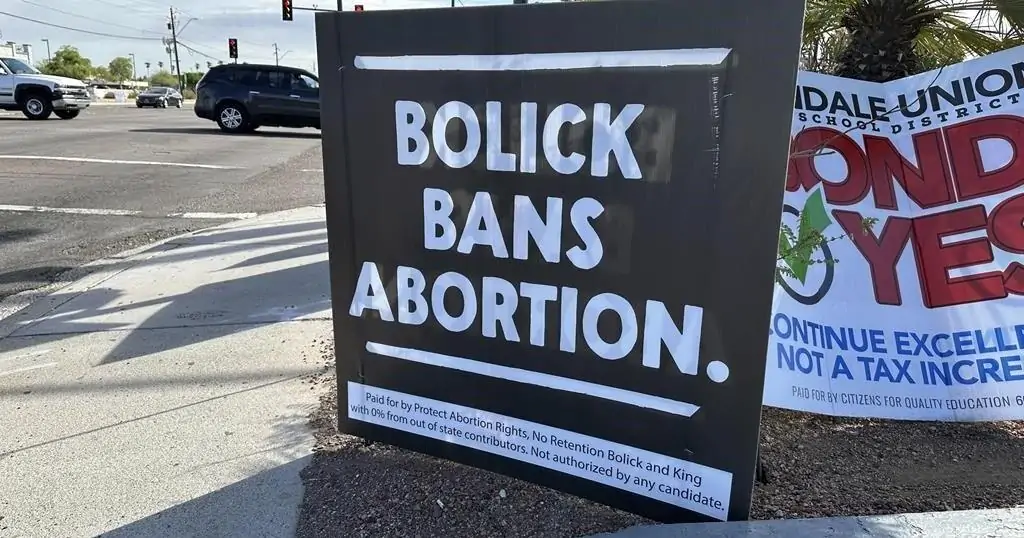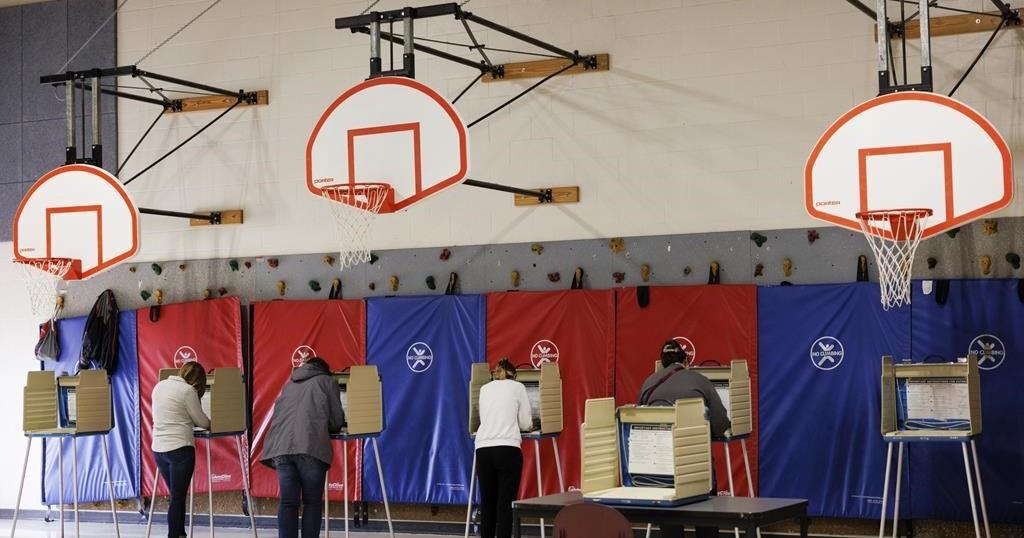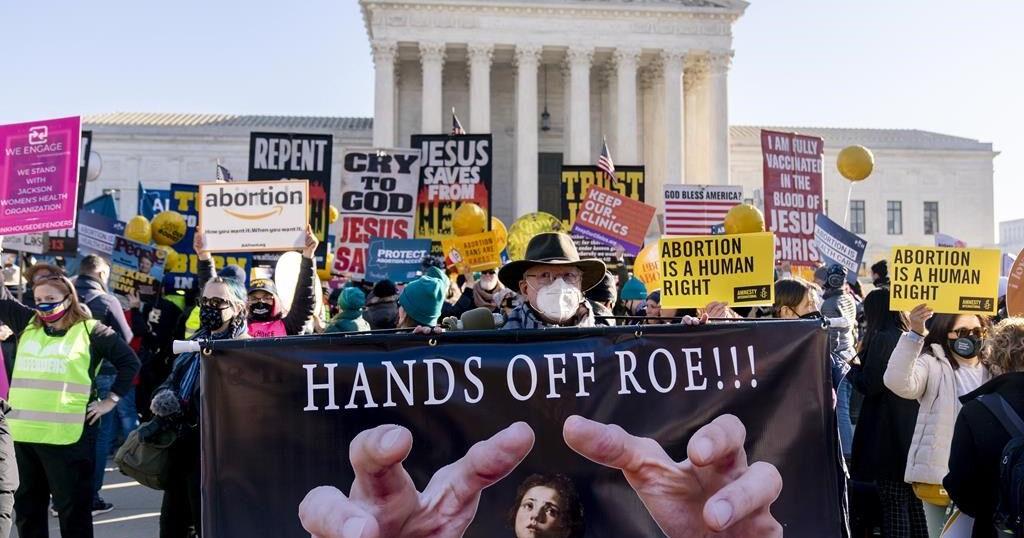BARCELONA, Spain (AP) — New Zealand’s reign as the master of high-speed yachting remains intact. Britain’s long, long wait goes on.
Emirates Team New Zealand clinched match point in the 37th America’s Cup on Saturday, beating INEOS Britannia 7-2 in the best-of-13 final off Barcelona’s beachfront.
The team led by Grant Dalton won its third consecutive cup, adding to wins in 2017 in Bermuda and 2021 in Auckland.
New Zealand’s eight-man crew embraced and cheered on the deck of the 75-foot Taihoro after holding Britannia off to win Race 9.
“It is just sinking in. What an amazing day, this team has been amazing, what an amazing feeling,” New Zealand skipper Peter Burling said after his third America’s Cup and his finals-record 22nd race win.
Britannia, meanwhile, fell one step short of winning the Auld Mug for Britain for the first time in the competition’s 173-year history.
“We’ve got to give credit to Team New Zealand,” Britannia skipper Ben Ainslie said. “What an amazing performance to win three in a row. In my book that makes them the best team in the history of the cup.”
Burling and the New Zealand team posed behind a winner’s banner as a fleet of fan boats gathered around and sounded horns in celebration. The team ran a New Zealand flag up its mast along with a huge white flag saying “Thank you very much Barcelona” in Catalan.
Many of the team’s fans back home had been disappointed when Dalton took the cup from Auckland to Spain in search of better financing. But thousands of fans wearing team shirts cheered the boat as it pulled into the team base, where it received a traditional Maori welcome.
After needing a repair following a crane mishap that damaged its hull at the start of the two-month competition, Taihoro raced aggressively in the final, winning the first four races. After Britannia capitalized on its mistakes to pull back two wins, Burling’s bunch shifted back into ruthless mode to finish them off with three more wins in a row.
“We had the pressure on us today,” said Dalton, the New Zealand team’s chief executive. “These guys on the boat had to deliver, but they have to have the tools to do it, so a great job by everyone.”
The first final in 60 years for a British yacht ended in more frustration and with work to do after Ainslie, the most successful sailor in Olympic history, saw his boat far too often in Taihoro’s wake.
Britannia had the backing of billionaire Jim Ratcliffe, who also is part owner of Manchester United, and the engineering know-how of the Mercedes Formula 1 team.
But it was Team New Zealand, and its elite in-house design team that wowed the world with its foiling AC75 monohulls, which proved that it still is the best in the game. The yachts broke speed records for the America’s Cup with velocities of up to 55.6 knots (64 mph/102kph) in the fickle Mediterranean winds.
“We were not overly daunted being up against Mercedes Benz,” New Zealand technical director Dan Bernasconi said. “We are pretty happy to be in our own little silo and get on with it.”
The America’s Cup was born some four decades before the modern Olympic Games. Queen Victoria was in attendance when the schooner America bested the Royal Yacht Squadron in the first regatta in 1851.
The Americans held the cup until its incredible 132-year run ended in 1983 at the hands of the Australians. The Swiss have won it twice, and the Kiwis five times overall, after first winning it in 1995 and again in 2000.
As the defending champion, New Zealand picked Barcelona as the venue, set the rules and raced with the challengers — gathering data and insight on Britannia and the four other rivals — while holding a guaranteed spot in the America’s Cup final.
The Brits put up a fight on Saturday, pulling level midway through, only for Taihoro, which in Maori means “to move swiftly as the sea between both sky and earth,” blocked their passing attempt and then sped off to win by a comfortable 37 seconds.
“We had our moments in the finals,” Ainslie said, “but at the end of the day the better team won.”
The future of the cup — and Ainslie
Dalton can start planning on how to host, and win, the 38th America’s Cup.
The defender can keep it here in Barcelona, where boats glide through the Mediterranean with the beachfront and La Sagrada Familia basilica in the background, and super yachts and their wealthy owners come in from around Europe and further abroad.
Or, as Dalton said, it could go back to Auckland, if, and only if, there existed the financing that was lacking when he decided to bring it to Spain. Saudi Arabia, however, was also in the mix after it hosted a preliminary regatta last year.
The decision should be made public in the coming months.
Ainslie, at age 47, said he was undecided whether to stay in the Britannia for the next America’s Cup, or dedicate himself to his other role as the team chief executive.
“I don’t know if next time I am going to be on the water or not,” he said, “but I am committed to moving the team forward, getting the job done and winning the cup.”
___
AP sports writer Bernie Wilson in San Diego contributed.
___

























